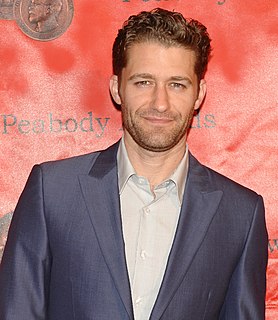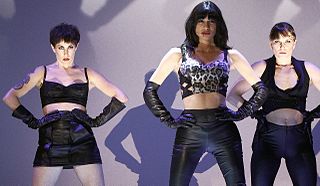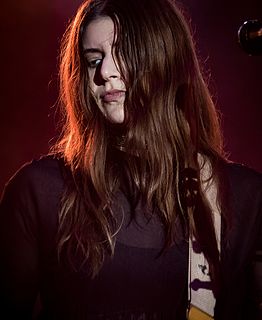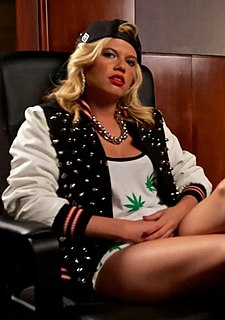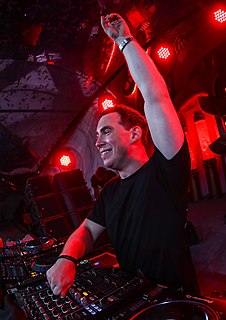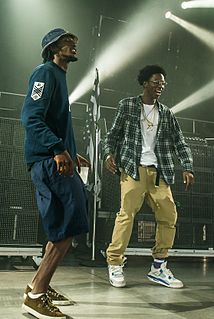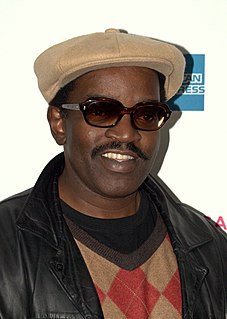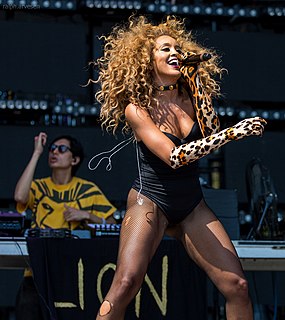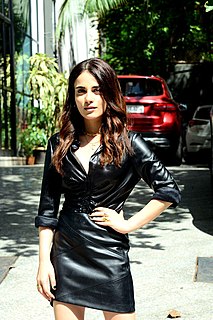A Quote by Matthew Morrison
I actually grew up break-dancing. When you break-dance you listen to hip-hop and rap, so I've been listening to that music since I was a kid.
Related Quotes
I think people assume that whatever kind of music you make is the music you listen to. Don't get me wrong, I listen to tons of pop music and all the music that really inspires Best Coast is very straightforward '50s and '60s pop music, but I've been listening to R&B and rap since I was a kid. I grew up in L.A. It's part of the culture. I listen to anything.
Socially, hip-hop has done more for racial camaraderie in this country than any one thing. 'Cause guys like me, my kids - everyone under 45 either grew up loving hip-hop or hating hip-hop, but everyone under 45 grew up very aware of hip-hop. So when you're a white kid and you're listening to this music and you're being exposed to it every day on MTV, black people become less frightening. This is just a reality. What hip-hop has done bringing people together is enormous.
A lot of the things I do deal with my race, but my race is who I am. I'm an American kid who grew up listening to predominantly hip-hop. I will talk about hip-hop as the music I grew up listening to, and I think sometimes people like to put it as, 'Oh, well, he's talking about black things.' And, yeah, they are, but that's my American identity.
I wouldn't compare my sound on the mixtape to anything, but my influences are like - the minimal amount of hip-hop that I actually do know - because I didn't grow up listening to hip-hop like that. No one really put me on to hip-hop like that... My dad's from Jamaica and my mom is from Barbados, so that's really the stuff I grew up listening to.
All the forms of popular music from jazz to hip-hop, to bebop, to soul [come from black innovation]. You talk about different dances from the catwalk, to the jitterbug, to the Charleston, to break dancing -\-\ all these are forms of black dancing...What would [life] be without a song, without a dance, and joy and laughter, and music.
To me, that's the biggest problem with hip-hop today is the fact that everyone believes that all of hip-hop is rap music, and that, when you say "hip-hop," it's synonymous with rap. That when you say "hip-hop," you should be thinking about breakdancing, graffiti art, or MCing - which is the proper name for rap - DJing, beat-boxing, language, fashion, knowledge, trade. You should be thinking about a culture when you say, "hip-hop.".
I love jazz. So to me, there are two main types of jazz. There's dancing jazz, and then there's listening jazz. Listening jazz is like Thelonius Monk or John Coltrane, where it's a listening experience. So that's what I like; I like to make stuff that you listen to. It's not really meant to get you up; it's meant to get your mind focused. That's why you sit and listen to jazz. You dance to big band or whatever, but for the most part, you sit and listen to jazz. I think it comes from that aesthetic, trying to take that jazz listening experience and put it on hip-hop.
In this time, we incorporate money and media, and it's split up like apartheid, where when you say "hip-hop," you think just rap records. People might have forgot about all the other elements in hip-hop. Now we're back out there again, trying to get people back to the fifth element, the knowledge. To know to respect the whole culture, especially to you radio stations that claim to be hip-hop and you're not, because if you was a hip-hop radio station, why do you just play one aspect of hip-hop and rap, which is gangsta rap?
